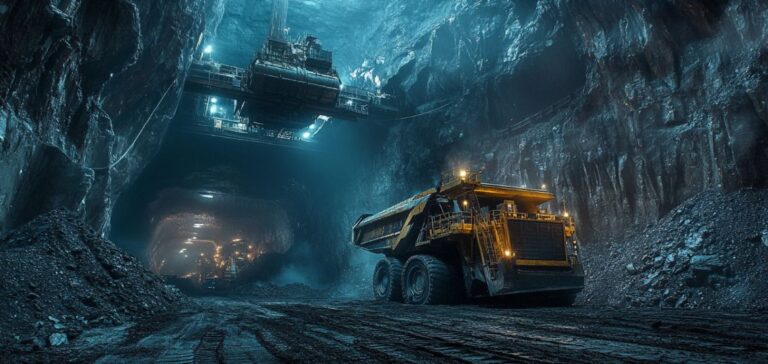Transnistria, a pro-Russian separatist region in Moldova, has been facing a severe energy crisis since the interruption of Russian gas supplies on January 1. This cutoff resulted from the expiration of a contract between Ukraine and Russia, a strategic decision by Kyiv to reduce its reliance on Moscow amid ongoing conflict.
An Energy Initiative Amidst Rising Tensions
In response to the crisis, Ukraine, through its president Volodymyr Zelensky, has proposed providing free coal to Transnistria’s thermal power plants, particularly the Cuciurgan plant. This facility, which once supplied nearly 70% of Moldova’s electricity, has been operating at reduced capacity since Gazprom, the Russian energy giant, stopped free gas deliveries that had historically supported the pro-Russian enclave.
“We have coal that we can send to Tiraspol. If they genuinely want people to have electricity, we are ready to discuss a low price, or even a free delivery,” Zelensky stated during a meeting with Moldova’s president Maia Sandu. This declaration reflects a dual strategy: addressing Transnistria’s immediate needs while decreasing its energy dependence on Russia.
The Geopolitics of Energy in the Background
The energy crisis in Transnistria highlights the broader geopolitical tensions in the region. Since Russia’s invasion of Ukraine nearly three years ago, Ukrainian energy infrastructure has been heavily damaged by Russian bombings. Meanwhile, mainland Moldova has diversified its electricity and gas supplies through imports from Romania, but Transnistria remains isolated and reliant on external resources.
Protests have erupted in Tiraspol, the Transnistrian capital, where residents are demanding measures to restore gas supplies. These internal tensions add to Moldova’s broader concerns about potential destabilization by Moscow as a way to expand the conflict into Moldovan territory.
A Strategic Proposal for the Future
During their meeting, Maia Sandu emphasized the importance of quickly accepting Ukraine’s offer to address the urgent needs of the local population. Volodymyr Zelensky also discussed the possibility of reciprocal cooperation, suggesting that Transnistria could supply electricity to Ukraine in return, helping to compensate for the damage to Ukrainian energy infrastructure.
However, this initiative is not solely humanitarian. By offering a temporary solution to Transnistria’s energy crisis, Kyiv could weaken Moscow’s grip on this strategically significant region. Moldovan Prime Minister Dorin Recean also stated that the continued presence of Russian troops in Transnistria, a legacy of the 1992 conflict, remains a major obstacle to regional stability.
Energy and Conflict: An Inseparable Dynamic
Beyond its humanitarian aspect, Ukraine’s offer underscores a political strategy to reshape the power dynamics in the region. As the armed conflict in Ukraine persists, control over energy resources and their use as leverage remain central to the broader conflict. Transnistria, as a focal point of tension between Russia, Ukraine, and Moldova, demonstrates how energy continues to be a crucial tool in the context of a larger geopolitical struggle.






















